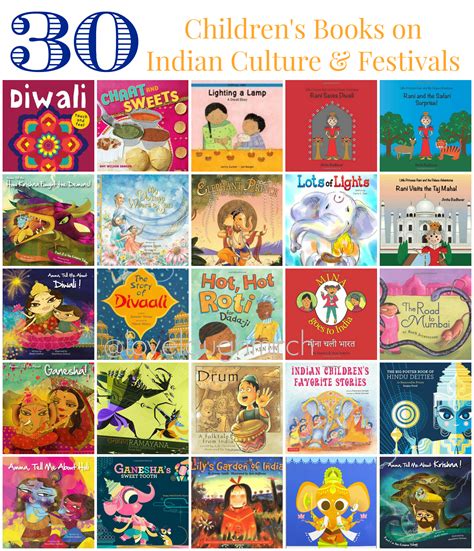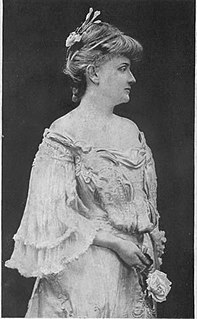A Quote by Nathaniel Hawthorne
Can man be so age-stricken that no faintest sunshine of his youth may re visit him once a year? It is impossible. The moss on our time-worn mansion brightens into beauty; and the good old pastor, who once dwelt here, renewed his prime and regained his boyhood in the genial breeze of his ninetieth spring. Alas for the worn and heavy soul, if, whether in youth or age, it has outlived its privilege of springtime sprightliness!
Related Quotes
In youth it is the outward aspect of things that most engages us; while in age, thought or reflection is the predominating qualityof the mind. Hence, youth is the time for poetry, and age is more inclined to philosophy. In practical affairs it is the same: a man shapes his resolutions in youth more by the impression that the outward world makes upon him; whereas, when he is old, it is thought that determines his actions.
Ah! on Thanksgiving day, when from East and from West, From North and South, come the pilgrim and guest, When the gray-haired New Englander sees round his board The old broken links of affection restored, When the care-wearied man seeks his mother once more, And the worn matron smiles where the girl smiled before. What moistens the lips and what brightens the eye? What calls back the past, like the rich pumpkin pie?
Nothing is more despicable than the old age of a passionate man. When the vigour of youth fails him, and his amusements pall with frequent repetition, his occasional rage sinks by decay of strength into peevishness; that peevishness, for want of novelty and variety, becomes habitual; the world falls off from around him, and he is left, as Homer expresses it, to devour his own heart in solitude and contempt.
Why are we worn out? Why do we, who start out so passionate, brave, noble, believing, become totally bankrupt by the age of thirty or thirty-five? Why is it that one is extinguished by consumption, another puts a bullet in his head, a third seeks oblivion in vodka, cards, a fourth, in order to stifle fear and anguish, cynically tramples underfoot the portrait of his pure, beautiful youth? Why is it that, once fallen, we do not try to rise, and, having lost one thing, we do not seek another? Why?
Crabbed age and youth cannot live together; Youth is full of pleasure, age is full of care; Youth like summer morn, age like winter weather; Youth like summer brave, age like winter bare. Youth is full sport, age's breath is short; Youth is nimble, age is lame; Youth is hot and bold, age is weak and cold; Youth is wild, age is tame. Age, I do abhor thee; youth, I do adore thee.
Only to two or three persons in all the world are the reminiscences of a man's early youth interesting: to the parent who nursed him; to the fond wife or child mayhap afterwards who loves him; to himself always and supremely--whatever may be his actual prosperity or ill fortune, his present age, illness, difficulties, renown, or disappointments--the dawn of his life still shines brightly for him, the early griefs and delights and attachments remain with him ever faithful and dear.





































